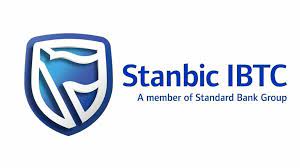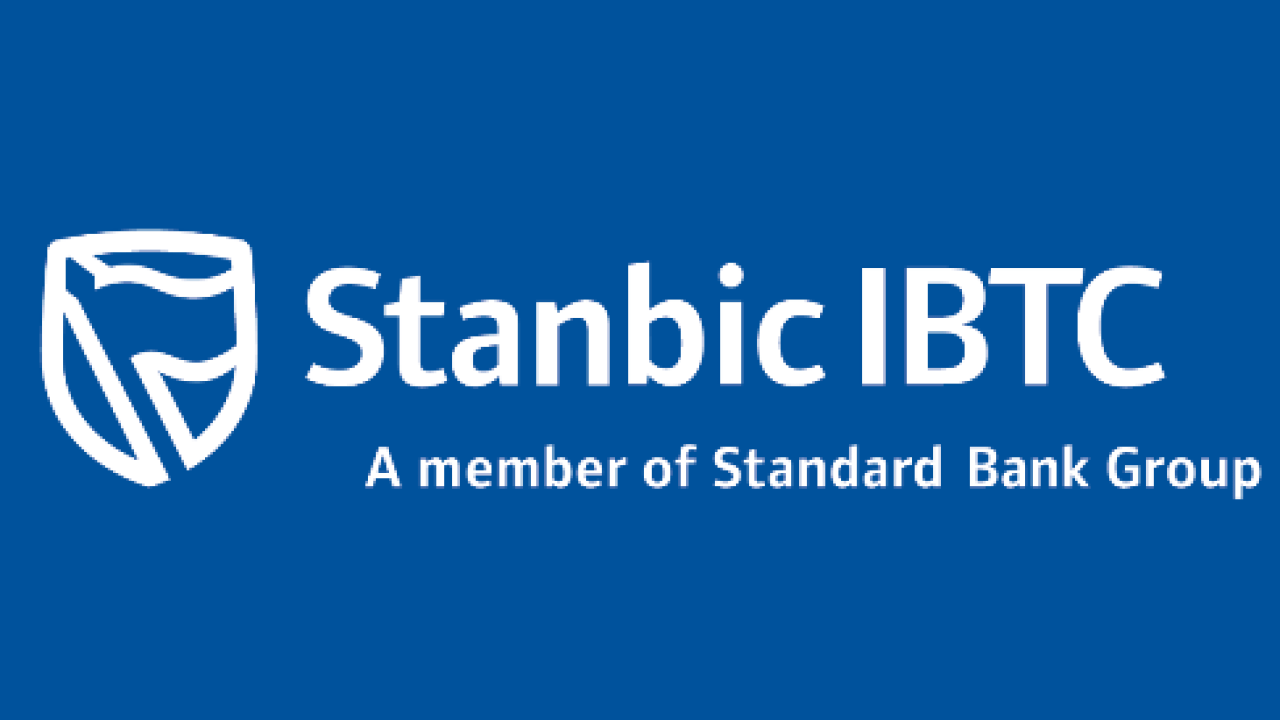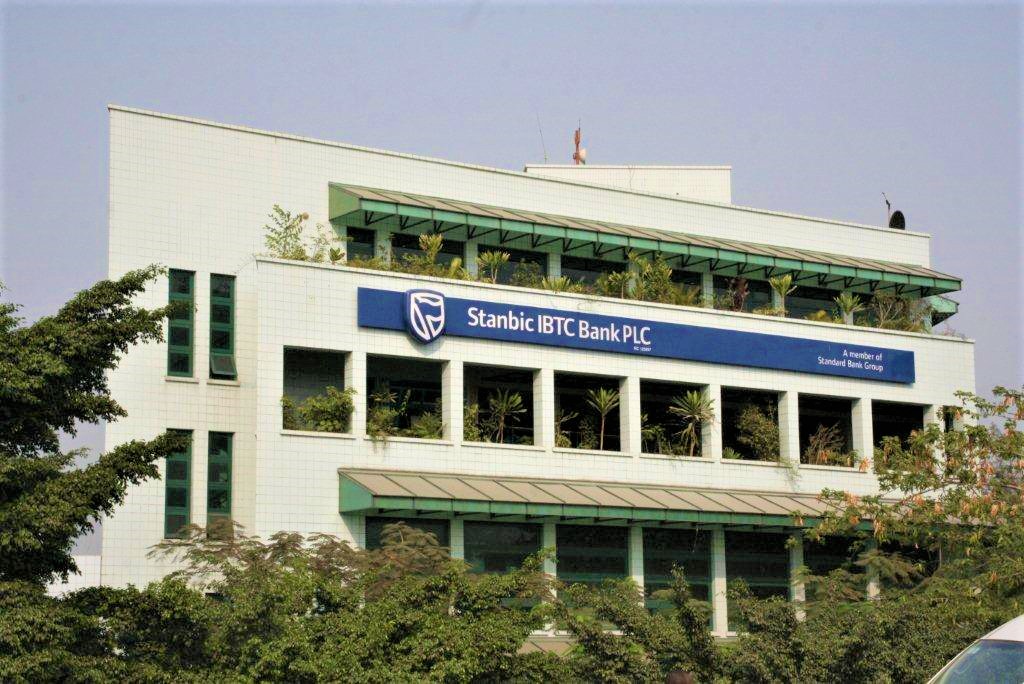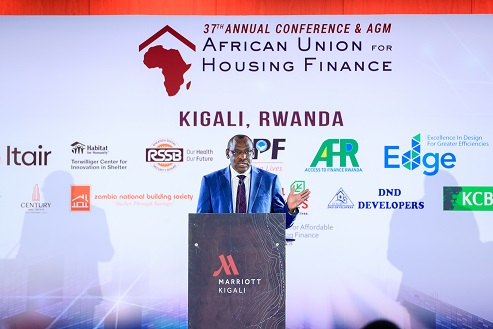Nigeria’s private sector concluded the third quarter of 2021 with a modest expansion in business conditions. Quicker uplifts were seen in new orders, employment and stocks of purchases, but output growth moderated for the second month running. Nevertheless, optimism improved to a seven-month high. Material scarcity and unfavourable exchange rate movements exerted upward pressures on costs, however, leading to a record rate of purchase price inflation.
Subsequently, this fed through to a steep rise in selling prices. The headline figure derived from the survey is the Purchasing Managers’ Index™ (PMI®). Readings above 50.0 signal an improvement in business conditions on the previous month, while readings below 50.0 show a deterioration. The headline PMI registered at 52.3 in September, little[1]changed from 52.2 in August, and indicative of a fifteenth consecutive monthly expansion.
Central to the improvement was a solid and accelerated rise in new orders, which panellists mostly linked to the securing of new clients. Contrary to the improvement in domestic sales, exports fell, and at the quickest rate since December amid persisting international COVID-19 restrictions. Nevertheless, to meet demand firms increased their output levels, but the pace of expansion was only modest, and much softer than the rate of new order growth.
Cash and material shortages reportedly hindered some firms’ ability to raise output. All four of the monitored sub-sectors recorded expansions, with manufacturers seeing the strongest uplift, followed by wholesale & retail, services and agriculture, respectively. Firms raised their buying activity sharply in September. Anecdotal evidence suggested efforts to mitigate against future supply and price shocks led to stockpiling.
As a result, stocks of purchases rose at the fastest rate since October 2020. Meanwhile, vendor performance benefitted from quieter road conditions and advance payments.
Furthermore, suppliers’ delivery times improved to the greatest extent since last December. Higher raw material and commodity costs as well as unfavourable naira-dollar exchange rate movements led to a substantial increase in input expenses. In fact, purchase costs rose at the quickest rate in nearly eight years of data collection. Firms were able to pass on part of the increase to clients however, with charge inflation the second-strongest in the series to date.
Finally, after moderating in August, sentiment improved to a seven-month high amid plans to increase marketing, open more stores and broaden product offerings.








